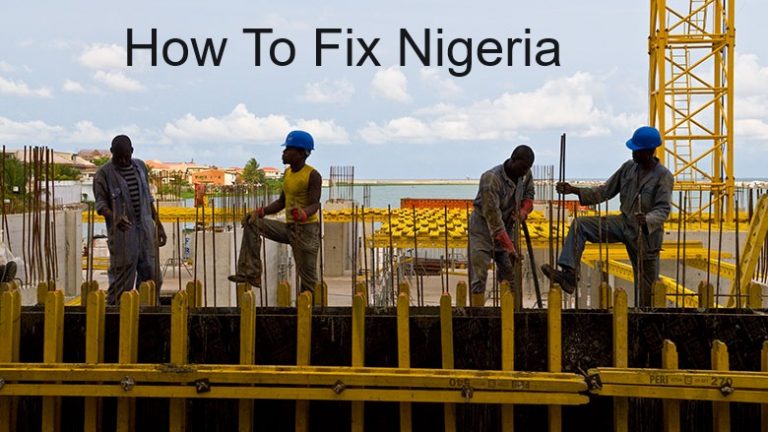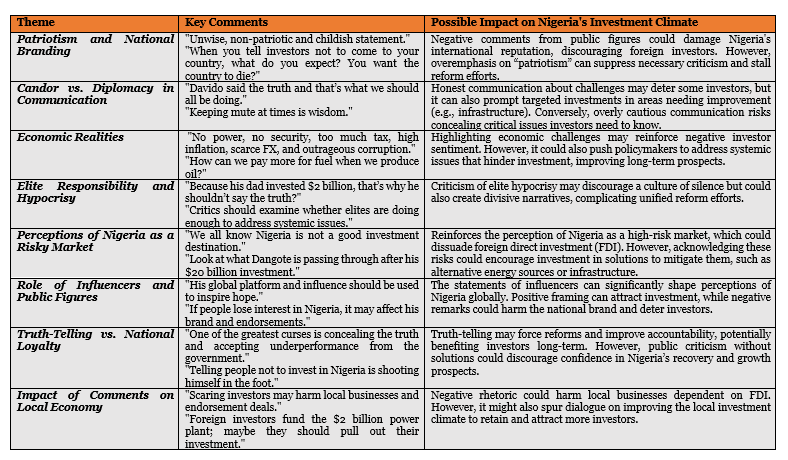
In recent days, Nigerian music superstar Davido has found himself in the eye of a public storm over remarks about Nigeria’s economic state and its appeal to investors. His comment, perceived by some as a criticism of the country, has sparked intense debate. While many lauded him for speaking the truth, others decried his remarks as unpatriotic and damaging to the nation’s investment image. This controversy highlights not only the power of influential voices but also the delicate balance between truth-telling and national branding in the face of economic challenges.
Davido, whose music and influence resonate across continents, reportedly criticized Nigeria’s economic conditions, pointing out critical issues such as fuel price hikes and the broader struggles that many Nigerians face. While some believe his statements were made out of genuine concern for the ordinary citizen, others argue that they were ill-timed and irresponsible, especially coming from someone whose family is deeply invested in Nigeria’s power generation sector. This dichotomy raises several questions about patriotism, accountability, and the role of public figures in shaping national narratives.
Balancing Patriotism and Truth
Register for Tekedia Mini-MBA edition 19 (Feb 9 – May 2, 2026): big discounts for early bird.
Tekedia AI in Business Masterclass opens registrations.
Join Tekedia Capital Syndicate and co-invest in great global startups.
Register for Tekedia AI Lab: From Technical Design to Deployment (next edition begins Jan 24 2026).
One of the strongest criticisms against Davido’s comments is the perceived lack of patriotism. Critics argue that as a prominent Nigerian, he should promote the country’s image rather than discourage potential investors. After all, investment climates are shaped not just by policies and infrastructure but also by perceptions. Public figures, especially those with a global platform, are unofficial ambassadors of their nations. Negative remarks from such individuals can ripple across international communities, damaging investor confidence and undermining economic prospects.
However, others argue that concealing the truth about Nigeria’s challenges does more harm than good. They contend that sugarcoating the reality of high inflation, erratic power supply, insecurity, and corruption delays meaningful reforms and perpetuates underperformance. Truth-telling, even when uncomfortable, is seen as a catalyst for accountability and systemic improvement. The balance, therefore, lies in presenting the truth constructively—highlighting challenges while also showcasing opportunities and resilience.

Economic Realities vs. National Image
The controversy also underscores the undeniable realities of Nigeria’s economic landscape. Despite being Africa’s largest economy, Nigeria faces persistent challenges: unreliable infrastructure, high operational costs, multiple taxation systems, and a volatile foreign exchange market. Critics of Davido’s remarks point to these issues as reasons why his statements should not have been made public, fearing they could deter much-needed foreign direct investment (FDI).
On the flip side, proponents of his candour argue that acknowledging these challenges is essential to finding solutions. They cite examples of local and foreign investors, including Nigeria’s own Dangote, who have encountered significant hurdles despite committing billions of dollars to the country. For Nigeria to attract sustainable investments, policymakers must address these foundational issues rather than rely solely on optimistic rhetoric.
The Role of Influencers in Shaping Narratives
Davido’s situation brings to light the growing role of influencers in shaping public perception and policy discussions. With millions of followers across social media platforms, his words carry significant weight. This influence can be both a blessing and a curse. While influencers have the power to amplify national pride and attract international attention, their statements, if perceived negatively, can exacerbate existing stereotypes about Nigeria as a risky investment destination.
As a cultural icon, Davido’s brand is intertwined with Nigeria’s identity. His global success is a testament to the country’s creative potential, and his statements are often viewed as reflective of broader societal sentiments. However, critics argue that public figures must exercise caution and responsibility when making statements about national issues. In Davido’s case, the backlash suggests that many Nigerians expect influencers to inspire hope and solutions, even while addressing difficult truths.
Elite Responsibility and Hypocrisy
The controversy also touches on a deeper issue: the perceived hypocrisy of Nigeria’s elites. Some critics argue that Davido’s privileged background, including his family’s substantial investment in the Nigerian power sector, should preclude him from publicly criticizing the country’s investment climate. This sentiment reflects a broader frustration with elites who are seen as benefiting from Nigeria’s system while distancing themselves from its problems.
However, others see Davido’s remarks as an example of elite accountability—a rare instance of a privileged individual speaking out on behalf of ordinary Nigerians. His criticism of fuel price hikes and economic mismanagement resonates with many citizens who feel abandoned by both the government and the elite class. This divide emphasizes the need for a more collaborative approach to national development, where elites use their platforms and resources to drive meaningful change.
Constructive Narratives for National Growth
The Davido controversy offers valuable lessons for Nigeria. First, it points out the importance of fostering constructive narratives about the country. While it is essential to acknowledge economic and social challenges, these discussions must be framed in ways that encourage solutions and inspire confidence. Public figures, policymakers, and citizens alike must find common ground in promoting a balanced perspective—one that neither denies reality nor undermines the country’s potential.
Second, the incident highlights the need for systemic reforms. For Nigeria to attract and sustain investment, it must address the root causes of its economic challenges, from corruption to infrastructure deficits. These reforms should be accompanied by transparent communication that reassures both local and foreign stakeholders of the government’s commitment to progress.
Our analyst notes that the debate reminds Nigerians of the power of words. In a world increasingly shaped by perception, every statement matters. Influencers like Davido must recognize their role in shaping global opinions about Nigeria, while critics must engage in dialogue that prioritizes the country’s collective interests over personal attacks.



